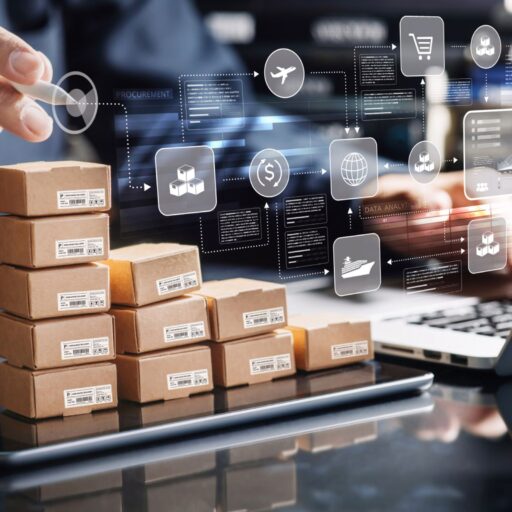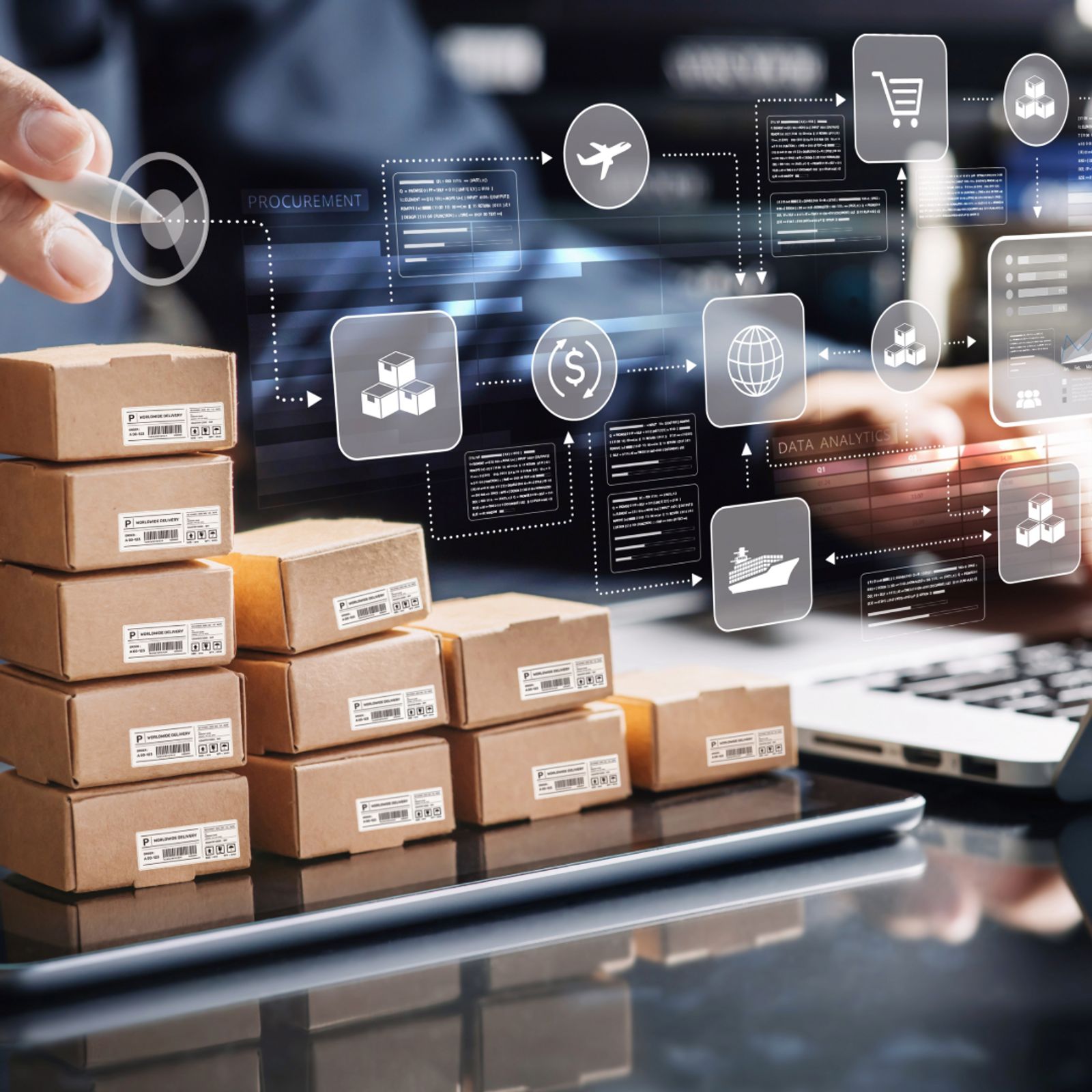Discover 5 CRM Automations For Transport and Delivery Services That Transform Daily Operations :
In transport and delivery, every minute matters. CRM automations streamline operations, reduce errors, and elevate customer satisfaction. Here are five key automations changing daily workflows.
1. Automatic Contract Renewal Reminder
The CRM schedules an email or call thirty days before contract expiry. It includes existing contract details: volume, pricing, and service terms. Sales reps quickly create renewal offers or adjust terms based on current client needs. This automation ensures no contract lapses unnoticed and maintains proactive customer engagement.
2. Internal Alert for Client Incident
When a client logs a complaint or identifies an incident (delay, damage, wrong delivery) in the CRM, an alert immediately notifies the logistics manager. The notification contains essential details: order number, date, incident type, and client contact info. The logistics team responds promptly, arranging replacements or compensation, and providing real-time updates to clients. This process speeds reaction time and improves service reliability.
3. Integration with Quote Request Form
Online quote requests from the website or other channels are automatically added to the CRM with a “to be processed” status. Essential fields (client name, delivery address, service type, estimated volume) are prefilled. Sales reps receive instant notifications and can create quotes within 24 hours. This integration removes manual data entry, reduces errors, and ensures transparent tracking from initial inquiry to contract signing.
4. Automated Post-Delivery Email
Once a delivery is confirmed, the CRM automatically sends a confirmation email to the client. This message details the date, time, tracking number, and invites feedback. A link directs to a simple survey to assess service quality, timeliness, and shipment condition. Positive feedback can be highlighted on the website, while negative feedback automatically generates a support ticket for swift resolution.
5. Inactive Client Follow-Up
The CRM identifies clients with no orders in the last ninety days. It then sends a personalized reactivation offer: a discount on the next shipment, enhanced service options, or a monthly subscription proposal. Personalization relies on purchase history, average volume, and client preferences. This targeted reactivation reduces churn and boosts recurring revenue.
Useful Integrations
Google Maps: visualizes client addresses and optimizes routes in real time.
Zapier: connects the CRM with messaging, ERP, or third-party apps without custom development.
Google Calendar: automatically schedules contract renewal reminders, prospect meetings, and follow-up calls.
Slack: sends instant internal alerts to operations teams when critical events occur (incidents, quality issues, expiring contracts).
Conclusion
In transport and delivery, CRM automation saves valuable time, reduces errors, and ensures highly responsive customer service. Automated reminders, alerts, and integrations enhance the logistics chain at every stage. A well-configured CRM serves as a co-pilot, driving overall enterprise performance.












